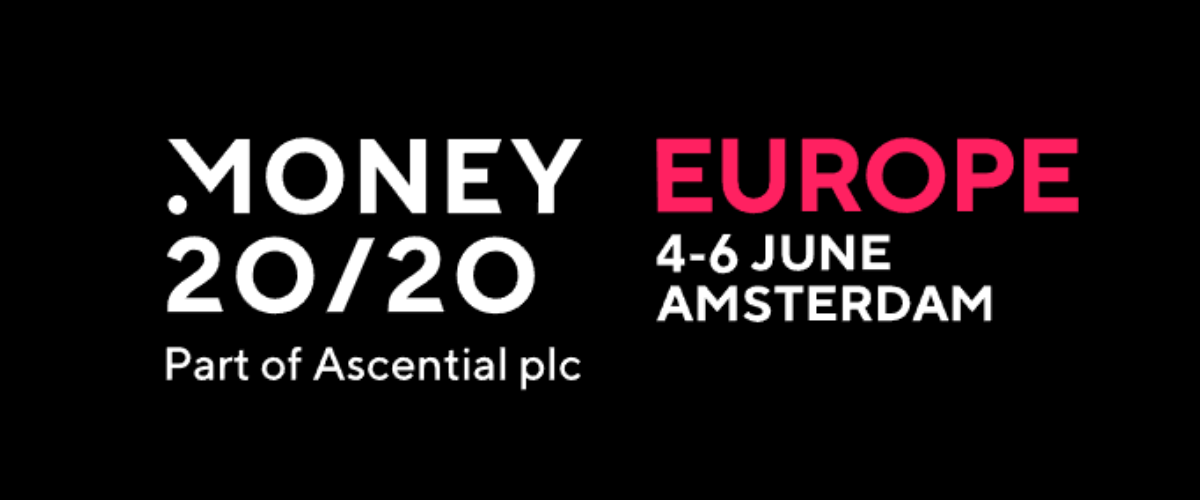Insurtech Insights and their partner Sønr are excited to reveal the Future50 Europe ranking. A carefully curated list of the 50 most innovative early stage insurtechs that are disrupting the insurance industry in Europe. Find the full ranking here.
This isn’t your parent’s insurance industry.
Having lagged behind almost every other industry in innovation, digitisation and customer satisfaction, insurtechs have emerged as champions in the space and are responsible for some of the most exciting digital transformations in the European tech boom.
Fast following in the footsteps of the fintech revolution, the insurtechs of Europe are punching far above their weight. Here’s an insight into the latest trends in the industry and why the insurtech’s model of ‘customer first, technology (a very close) second’, has taken the world of insurance by storm:
1. Distribution disrupted
Competition for consumer attention has never been more intense, and insurers are increasingly having to meet consumers wherever they are.
Gone are the days of expecting customers to buy, renew and repeat without scrutiny. Now, insurtechs are experimenting with distribution techniques to make insurance feel like a product rather than a tax.
Penni.io, our #8, is empowering carriers to bring embedded insurance products to market, so that they can distribute policies across any sales channel with no code. Bsurance, our #32, engineers cloud-based products to be fully embedded at the point of sale.
2. Only pay for what you need
If you have a car, the odds are that it’s been sitting in the garage for much of the last 18 months. Customers across the board have found themselves paying premiums for unused policies and over-insured risks.
We have seen a trend towards insurers mobilising telematics and data analytics to enable usage-based insurance policies. For instance, in auto insurance, risk assessments can be made based on how much time a car spends on the road, and through analysis of driving behaviour.
Amodo, our #30, is a platform that enables usage-based products through increasing customer touch points and gamification of insurance. Blocksure, our #48, leverages blockchain technology to power flexible, on-demand policies from traditional annual, to fractional usage policies for daily, or even hourly, cover.
3. Realising untapped opportunities
The insurance industry has often been notorious for arbitrary exclusions and not meeting the needs of underserved consumers. Disruptors in the industry, especially with life and health lines, are changing that.
Disrupting sleepy parts of the industry, and serving the underserved, has become central to the emerging insurance revolution. Asistensi, our #14, works to open up digital-first health insurance solutions so that migrants can continue caring for relatives and loved ones back home.
YuLife, our #6, has seen huge growth in the past year. Their gamification of life insurance is engaging younger consumers in innovative ways, and reinforcing the value proposition of life insurance for a new generation.
4. Insuring a changing world
Climate change is no longer theoretical, but a present and increasingly visible danger. The implications for the insurance industry are profound. Catastrophe management and climate underwriting are increasingly central to a number of consumer and commercial lines as we enter an era of recurring climate risks.
Insurtechs have entered the market set on modernising risk assessments to match these emerging risks. They are using data analytics and sophisticated parametric underwriting and empowering their partners to better understand highly localised, region-specific risks.
Descartes Underwriting, our #4, builds parametric underwriting solutions to enable their partners to better understand the risk of natural disasters. Oasis Loss Modelling Framework, our #15, has created an open source framework to give universal access to critical climate risk data.
5. Wellness as the new normal
Wellness and wellbeing have been brought more sharply into focus by the pandemic. In 2020, McKinsey found that 17% of Europeans feel lonely ‘most or all of the time’, and the impact of a decline in mental health is being felt across the healthcare ecosystem.
This shift towards increased customer engagement and touch points marks a fundamental development for the insurer-consumer relationships: from the purely transactional to more of a partnership.
The pandemic has heightened the urgency for insurers to focus on wellness and wellbeing around health and life lines of insurance. Serious claims can be prevented by interventions by insurers early on, and health and life insurers are more incentivised than ever to promote healthier behaviours among their customers.
Thrive Therapeutic Software, our #32, puts employee mental health at the heart of their proposition, designed as it is to prevent, screen and manage mental health conditions for employees.
____
Interested to learn more about our Future50? Here is a link to the ranking.
Or meet them at our conference register here!



